-
 +3 +1
+3 +1Never-Before-Seen Method For Making The Color Blue Found in Stingray Spots
Bluespotted ribbontail rays create blue in a unique way, researchers report in a new study.
-
 +26 +6
+26 +6Gobsmacking Study Finds Life on Earth Emerged 4.2 Billion Years Ago
Once upon a time, Earth was barren.
-
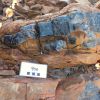 +1 +1
+1 +1At 2.4 billion years old, this shiny black rock could tell scientists an enormous amount about the origins of complex life
A 2.4-billion-year old microfossil found in the Pilbara's Hamersley Ranges could be a missing link in the evolution from simple to complex life, according to researchers.
-
 +2 +1
+2 +1Sex Expert and Cultural Icon Dr. Ruth Dead at 96
Dr. Ruth Westheimer became the go-to person for sex advice.
-
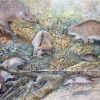 +23 +3
+23 +3Australian scientists identify ‘Age of Monotremes’
Evidence of the oldest known platypus and a new species ‘echidnapus’.
-
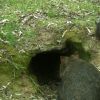 +31 +5
+31 +5Cameras reveal wombat burrows can be safe havens after fire and waterholes after rain
Are wombats the accidental heroes of the Australian bush? After the Black Summer bushfires, we set up 56 cameras to capture animal activity in areas with and without wombat burrows to find out.
-
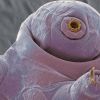 +36 +5
+36 +5Scientists Discover How Tardigrades Survive Blasts of Radiation, And It's Weird
Tardigrades are possibly the most indestructible animal on Earth.
-
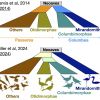 +2 +1
+2 +1We’ve had bird evolution all wrong
A frozen chunk of genome rewrites our understanding of the bird family tree.
-
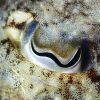 +19 +4
+19 +4The Weirdest Eyes in The Animal Kingdom See a World We Can't Even Imagine
When you view the world a certain way, it's easy to forget not everyone has the same vision.
-
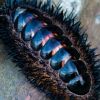 +29 +7
+29 +7Researchers Solve Mystery of The Sea Creature That Evolved Eyes All Over Its Shell
Small, shelled, and unassuming, chitons have eyes unlike any other creature in the animal kingdom.
-
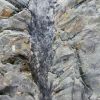 +36 +7
+36 +7Newly discovered ancient tree species looks like it could be from the mind of Dr. Seuss | CNN
Unusual trees found fossilized in Canada were buried alive 350 million years ago. Scientists say the discovery opens a new window into the history of life on Earth.
-
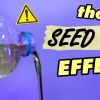 +29 +2
+29 +2Food industry’s favorite ingredient has been killing us, slowly.
-
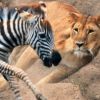 +25 +4
+25 +4Turns Out There's One Animal Powerful Enough to Mess With Lions' Feeding Habits
In a stark example of how everything on our living planet is interconnected, one species of tiny, invasive insects has reduced lions' abilities to feast on zebras.
-
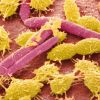 +21 +4
+21 +4'Obelisks': Entirely New Class of Life Has Been Found in The Human Digestive System
Peering into the jungle of microbes that live within us, researchers have stumbled across what seem to be an entire new class of virus-like objects.
-
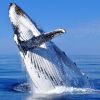 +24 +6
+24 +6Scientists had a 20-minute "conversation" with a humpback whale named Twain
In an unprecedented encounter, a research team successfully engaged in a "conversation" with a humpback whale named Twain.
-
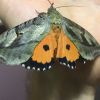 +46 +11
+46 +11We thought we’d find 200 species living in our house and yard. We were very wrong
An ecologist, a mathematician and a taxonomist were locked down together in a suburban house. So they counted all the species of plants and animals they could find.
-
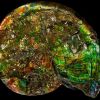 +39 +6
+39 +6Missing 'Law of Nature' Found That Describes The Way All Things Evolve
Complex, evolving systems abound in our Universe, even beyond the realms of biology.
-
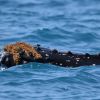 +54 +8
+54 +8Expert Explains Why Whales Often Wear Hats Made of Seaweed
If a whale comes across a patch of kelp, it may well start playing with it. This practice may also be useful to rid whales of unwanted passengers.
-
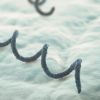 +50 +6
+50 +6We May Have Been Completely Wrong About The Origins of Syphilis in Europe
When Italian explorer Christopher Columbus and his Spanish troops returned to Europe from the Americas in the late 15th century, they notoriously brought back the deadly pathogen responsible for syphilis.
-
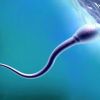 +36 +5
+36 +5Amazing Discovery Reveals Why You Didn't Get Your Dad's Mitochondria
Virtually every animal on Earth can thank their mother for the energy that fuels each of their cells.
Submit a link
Start a discussion




















